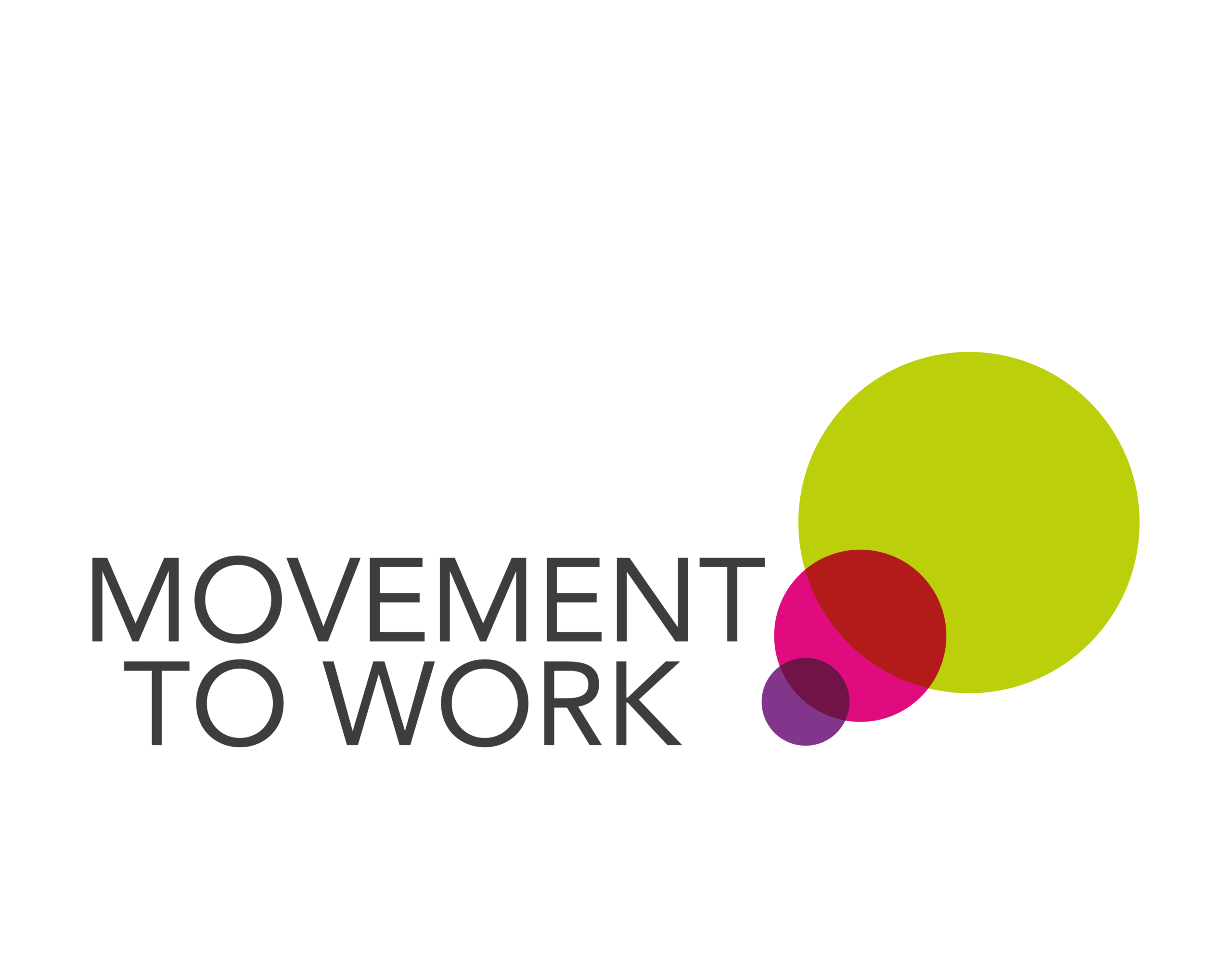This new report from the Work Foundation reveals the regions with the highest and lowest levels of ‘severely insecure’ work (employment that is involuntarily temporary or part-time, or when multiple forms of insecurity come together, such as casual or zero-hours contracts, or low or unpredictable pay).
The study focuses on the nine Mayoral Combined Authorities and Greater London, where over a third of England’s workforce – 11 million workers – live. Of these workers, 2.2 million (19.4%) are in severely insecure work.
Key Findings
- The Work Foundation’s UK Insecure Work Index 2022 found, jobs in the private sector are more likely to be severely insecure than jobs in the public sector.
- Sectors such as hospitality, accommodation, and food services are more likely than others to see a high prevalence of involuntary part-time and temporary work, with low and unpredictable pay.
- Professional and managerial jobs tend to be quite secure, whereas insecure work is often concentrated among self-employed workers and those in routine and semi-routine jobs, such as cashiers, fitness instructors, and salespersons.
- Routine and semi-routine jobs, have a difference in the level of insecurity experienced across the country.
Report Recommendations
➢ The Government should:
- Introduce a comprehensive Employment Bill in the next parliament that puts job quality and security at the centre of labour market regulation.
➢ The Department for Business and Trade should:
- Adapt the right to request predictable working patterns to start from day one on the job and narrow the reasons employers may give for refusal.
➢DWP should:
- Reduce the waiting times for Statutory Sick Pay from four days to zero days.
- Raise the rate of Statutory Sick Pay to 60% of usual wages, or the equivalent of the National Minimum Wage pro-rated by the usual number of hours worked, whichever is higher.
- Self-employed workers without staff and gig-workers, establish insurance for income protection, which workers would pay into, and would be able to access in times of illness or short-term unemployment.
Read more here.
